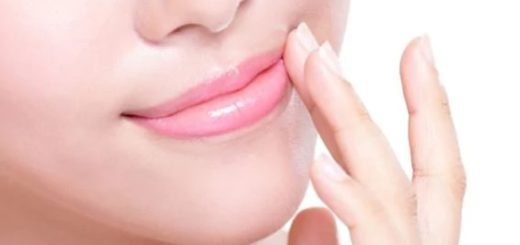Ovarian Hyperstimulation Syndrome (OHSS)
Ovarian Hyperstimulation Syndrome is caused by excessive stimulation of one or both ovaries. Over stimulation is typically a result of using medications to increase fertility.
During a normal menstrual cycle, one egg matures and is released. This is called ovulation. When a woman takes fertility medication, whether by mouth or injected, more than one egg matures and prepares for release. Ovarian hyperstimulation syndrome can happen when ovulation occurs and many eggs are released.
Ovarian Hyperstimulation syndrome is the most serious complication of In vitro fertilization. With IVF, eggs are retrieved to be fertilized by sperm outside a woman’s body. The increase in egg maturation causes the ovary to swell. It’s important to realize ovarian swelling is normal during fertility treatments. What makes ovarian hyperstimulation syndrome so potentially dangerous is that the swelling can lead to fluid draining into the abdominal cavity and even chest.
Ovararian Hyperstimulation Symptoms
Ovarian hyperstimulation syndrome is usually classified by side effects.
Mild side effects are generally minor aches and pains, abdominal bloating, stomach cramps and tenderness to region where ovaries are located.
Moderate side effects are generally excessive daily weight gain; excessive thirst, increased abdominal pain/pressure, nausea and vomiting.
Severe side effects are the most dangerous and require immediate medical attention. These include shortness of breath, chest pains and absence of urination.
Ovarian Hyperstimulation Treatment
Treatment for ovarian hyperstimulation syndrome depends on the symptoms. Women exhibiting minor symptoms are typically instructed to rest and monitor the amount of fluids that they consume. Most of the time, symptoms improve on their own. It is, however, very important to notify your doctor immediately during fertility treatments if any symptoms develop.
Some women are encouraged to have their embryos frozen for later fertilization and future transfers. Becoming pregnant intensifies the symptoms of ovarian hyperstimulation syndrome.
Other treatment can include draining the excess fluid from the abdominal cavity. Depending on the symptoms, the doctor may temporarily stop fertility medications until symptoms resolve.
According to the Mayoclinic, factors that increase the risk of developing OHSS include:
- Polycystic ovary syndrome
- Low body weight
- History of OHSS
- Large number of follicles
- Young age
- High levels of Estrogen
Ovarian Hyperstimulation Syndrome is generally considered rare but important to keep in mind due to the potential for serious, sometimes life threatening side effects.


